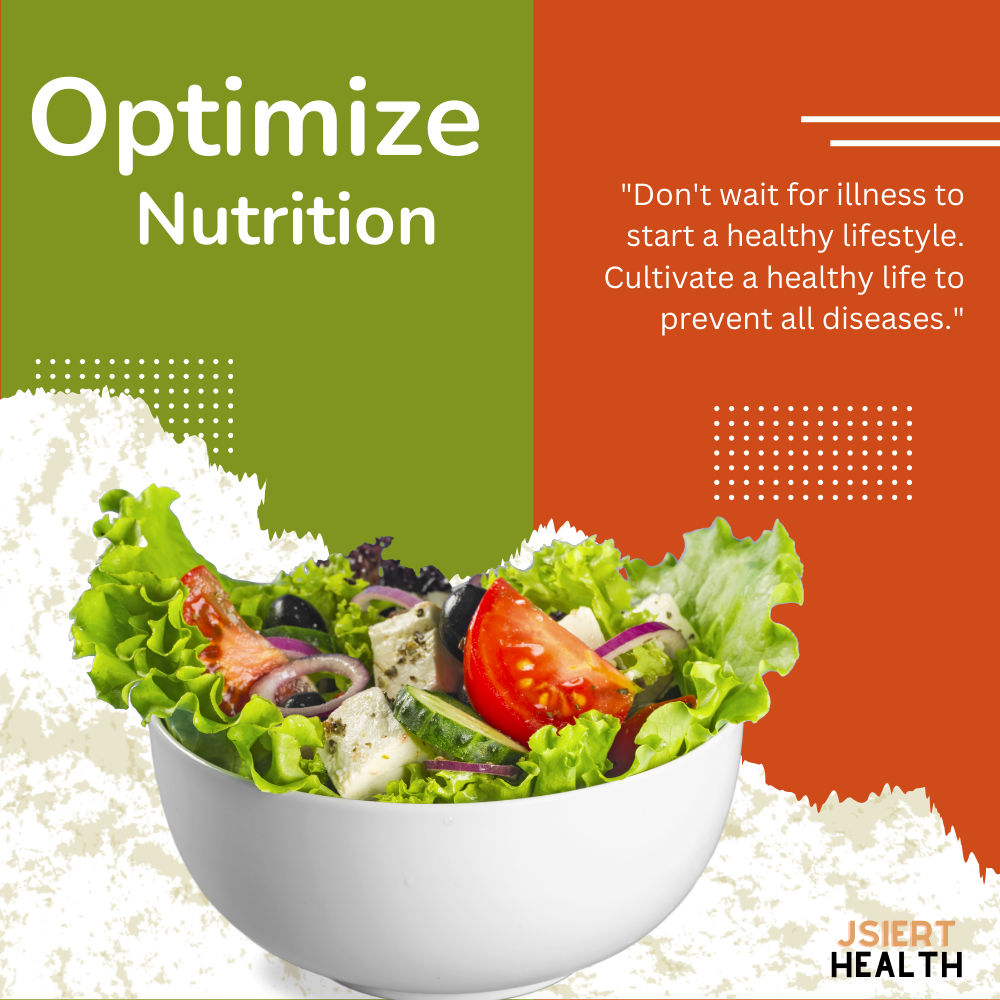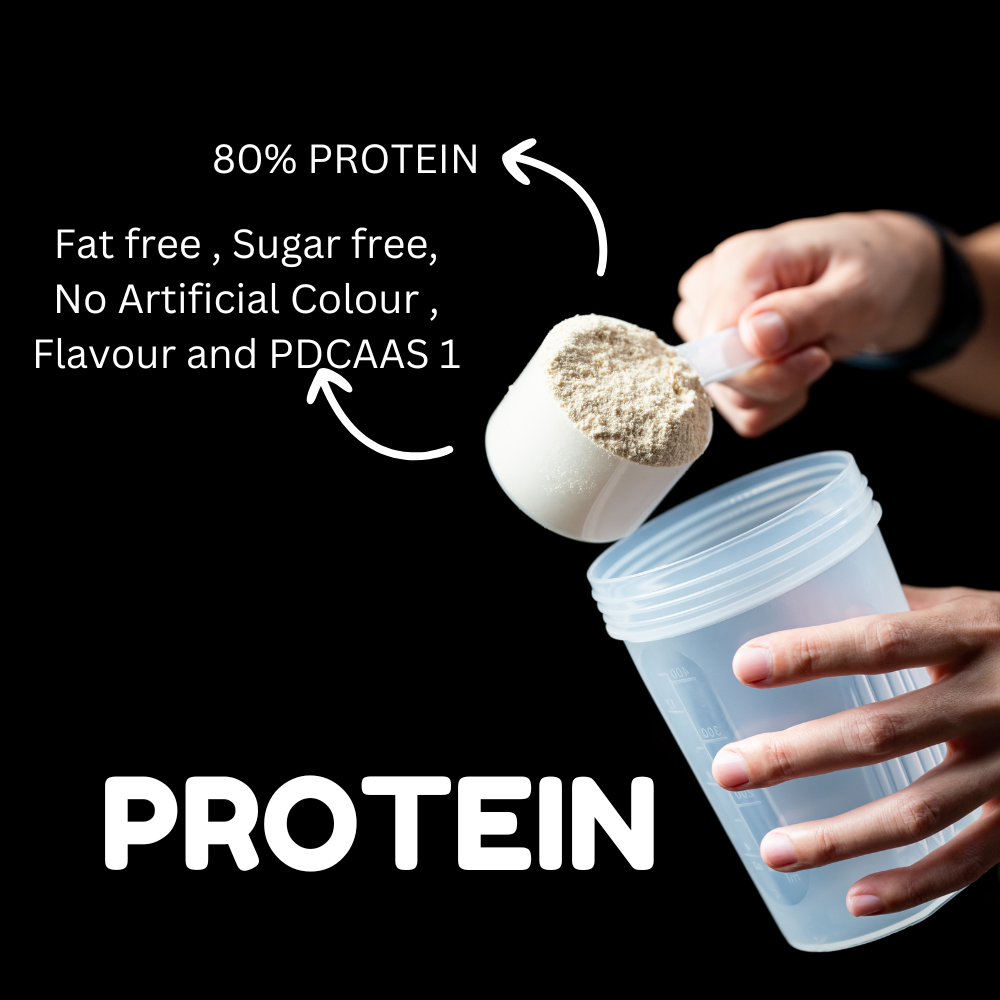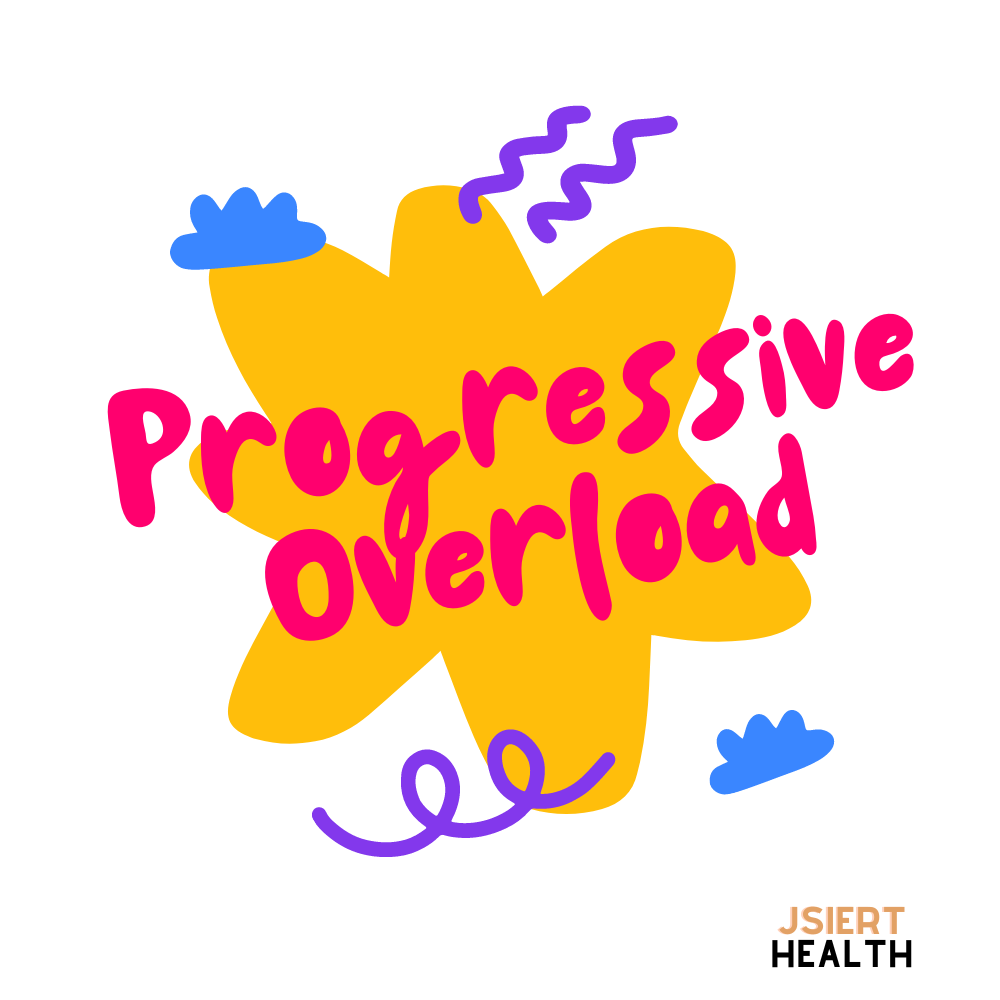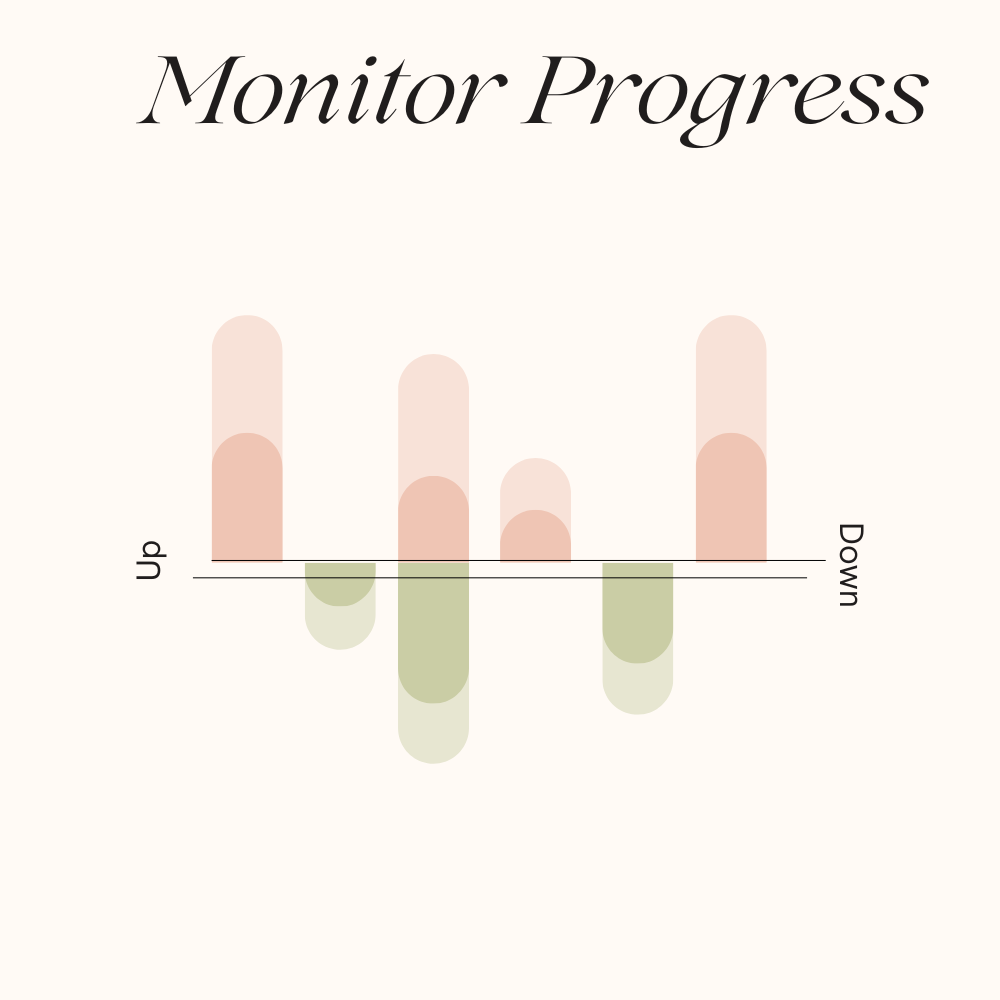10 Proven Strategies for Rapid Muscle Building
“10 Proven Strategies for Rapid Muscle Building”

1. Optimize Nutrition: Fueling your body adequately is crucial for muscle growth. The diet you consume plays a pivotal role in providing the necessary nutrients to support muscle repair and growth. A balanced intake of macronutrients – proteins, carbohydrates, and fats – is essential. Proteins are particularly crucial as they provide the building blocks (amino acids) required for muscle tissue repair and growth. Good sources of protein include lean meats, poultry, fish, eggs, dairy products, legumes, and plant-based protein sources like tofu and tempeh. Carbohydrates serve as the primary energy source during workouts, providing the fuel needed to perform exercises effectively. Opt for complex carbohydrates such as whole grains, fruits, vegetables, and legumes, which provide sustained energy and essential nutrients. Healthy fats, including sources like avocados, nuts, seeds, and olive oil, are important for hormone production, nutrient absorption, and overall health. Additionally, staying hydrated is crucial for muscle function and recovery. Aim to drink plenty of water throughout the day to maintain optimal hydration levels.

2. Prioritize Protein: Protein is often considered the cornerstone of muscle building. It’s essential to include adequate protein in your diet to support muscle repair, recovery, and growth. The recommended daily intake of protein varies depending on factors such as body weight, activity level, and fitness goals. However, a general guideline is to consume around 1 gram of protein per pound of body weight per day. This can be achieved through a combination of whole food sources and protein supplements if needed. Whole food sources of protein include lean meats like chicken, turkey, and beef, fatty fish like salmon and tuna, eggs, dairy products like Greek yogurt and cottage cheese, legumes such as beans and lentils, and plant-based sources like tofu, tempeh, and seitan. Protein supplements such as whey protein, casein protein, and plant-based protein powders can also be convenient options to help meet your daily protein requirements, especially for individuals with higher protein needs or those following a vegetarian or vegan diet.

3. Progressive Overload: Progressive overload is a fundamental principle of muscle growth. It involves gradually increasing the stress placed on your muscles over time to stimulate adaptation and growth. This can be achieved through various means, including increasing the weight lifted, the number of repetitions or sets performed, the intensity of the workout, or decreasing rest periods between sets. By progressively challenging your muscles in this way, you force them to adapt and become stronger and larger over time. However, it’s essential to apply progressive overload gradually and progressively to avoid injury and overtraining. Keep track of your workouts and aim to progressively increase the intensity or volume of your training sessions every few weeks to continue making progress.

4. Compound Exercises: Compound exercises are multi-joint movements that engage multiple muscle groups simultaneously. They are highly effective for building muscle mass, strength, and overall functional fitness. Compound exercises require coordination, balance, and stability, making them more challenging and stimulating for the body. Some of the most effective compound exercises include squats, deadlifts, bench presses, overhead presses, rows, pull-ups, and lunges. These exercises target large muscle groups like the legs, back, chest, and shoulders, allowing you to lift heavier weights and work multiple muscles at once. Incorporating compound exercises into your workout routine ensures that you’re maximizing your time and effort in the gym and stimulating optimal muscle growth throughout your entire body.

5. High-Intensity Workouts: High-intensity workouts are an effective way to stimulate muscle growth and improve overall fitness. These workouts involve performing exercises at a high intensity or with heavy resistance, pushing your muscles to work harder and adapt to the stress placed on them. High-intensity workouts can take various forms, including heavy weightlifting sessions, high-intensity interval training (HIIT), circuit training, and plyometric exercises. The key is to push yourself to your limits during each workout, whether it’s by lifting heavier weights, performing more repetitions, reducing rest periods, or increasing the intensity of your cardiovascular exercises. By challenging your muscles and cardiovascular system in this way, you stimulate greater muscle hypertrophy, improve strength and endurance, and burn more calories both during and after your workouts.

6. Sufficient Rest and Recovery: Rest and recovery are essential components of the muscle-building process. While intense workouts are necessary to stimulate muscle growth, it’s during rest periods that your muscles repair and rebuild stronger and larger than before. Adequate rest allows your body to replenish energy stores, repair damaged muscle tissue, and remove metabolic waste products accumulated during exercise. Without sufficient rest and recovery, your muscles may become fatigued, overtrained, and more susceptible to injury. Aim to get 7-9 hours of quality sleep each night to support optimal recovery and muscle growth. Additionally, incorporate rest days into your workout schedule to allow your muscles time to recover between training sessions. Active recovery techniques such as foam rolling, stretching, yoga, or low-intensity activities like walking or swimming can also help promote blood flow, reduce muscle soreness, and enhance recovery.

7. Consistency is Key: Consistency is one of the most critical factors in achieving muscle growth and overall fitness goals. Building muscle requires a commitment to regular exercise, proper nutrition, and lifestyle habits that support muscle growth and recovery. Consistency ensures that you’re providing your body with the stimulus it needs to build muscle and making progress towards your goals over time. Stick to a structured workout routine that includes resistance training, cardiovascular exercise, and flexibility work. Schedule your workouts at times that are convenient for you and prioritize them like any other important appointment. Similarly, maintain a consistent and balanced diet that provides your body with the nutrients it needs to support muscle repair and growth. Avoid skipping meals or binging on unhealthy foods, as this can hinder your progress and make it more challenging to achieve your fitness goals.
8. Stay Hydrated: Proper hydration is essential for overall health and optimal muscle function. Water plays a crucial role in various physiological processes, including nutrient transport, temperature regulation, joint lubrication, and waste removal. During exercise, you lose water through sweating, which can lead to dehydration if not adequately replenished. Dehydration can impair exercise performance, reduce muscle strength and endurance, and increase the risk of fatigue and injury. To stay hydrated, aim to drink at least 8-10 glasses of water per day, or more if you’re engaging in intense physical activity, sweating heavily, or living in a hot climate. Monitor your urine color and thirst levels as indicators of hydration status, and drink water throughout the day to maintain optimal hydration levels.

9. Quality Sleep: Quality sleep is essential for muscle recovery, growth, and overall health and well-being. During sleep, the body undergoes various physiological processes that are critical for muscle repair and regeneration. Growth hormone, testosterone, and other hormones involved in muscle growth and repair are released during deep sleep stages, promoting protein synthesis and tissue repair. Additionally, sleep plays a vital role in regulating appetite, metabolism, immune function, cognitive function, and emotional well-being. Aim to get 7-9 hours of uninterrupted sleep per night to support optimal muscle growth and recovery. Establish a consistent sleep schedule by going to bed and waking up at the same time each day, even on weekends.

10. Monitor Progress: Keep track of your workouts, nutrition, and progress to identify what’s working and what needs improvement. Use a workout journal or fitness app to track your exercises, weights, and repetitions. Take progress photos and measurements regularly to see how your body is changing over time. Adjust your workout and nutrition plan as needed to continue making progress towards your muscle-building goals.

In conclusion, by following these 10 proven strategies for rapid muscle building and staying consistent with your efforts, you can achieve significant gains in muscle mass and strength. Remember to prioritize proper nutrition, progressive overload, compound exercises, high-intensity workouts, rest and recovery, consistency, hydration, quality sleep, and monitoring your progress to maximize your results.
FREQUENTLY ASKED QUESTIONS (FAQ) AND ANSWERS
Q: Can I build muscle quickly?
A: Yes, it’s possible to build muscle rapidly with the right strategies, but it requires dedication, proper nutrition, and a well-designed workout plan.
Q: How long does it take to see noticeable muscle growth?
A: You may start to see noticeable muscle growth within a few weeks to a couple of months of consistent training and proper nutrition. However, significant muscle gains typically take several months to a year or more.
Q: What are the most effective exercises for building muscle quickly?
A: Compound exercises such as squats, deadlifts, bench presses, rows, and overhead presses are highly effective for building muscle quickly as they target multiple muscle groups simultaneously.
Q: Do I need to lift heavy weights to build muscle quickly?
A: Lifting heavy weights with proper form is important for stimulating muscle growth, but it’s also crucial to focus on progressive overload, ensuring that you gradually increase the weight and intensity of your workouts over time.
Q: How important is nutrition for rapid muscle building?
A: Nutrition is essential for muscle building, as it provides the necessary nutrients and energy for muscle growth and repair. Consuming an adequate amount of protein, carbohydrates, and healthy fats is crucial for maximizing muscle growth.
Q: Should I use supplements to build muscle quickly?
A: While supplements can be helpful in supporting muscle growth, they are not necessary for everyone. Protein supplements, creatine, and branched-chain amino acids (BCAAs) are commonly used to enhance muscle building, but it’s important to prioritize whole foods first and foremost.
Q: How much protein do I need to build muscle quickly?
A: Aim to consume approximately 0.7-1 gram of protein per pound of body weight per day to support muscle growth. Spread your protein intake evenly throughout the day, including high-quality sources such as lean meats, poultry, fish, eggs, dairy, legumes, and plant-based protein sources.
Q: Is it possible to build muscle quickly without gaining fat?
A: While some fat gain may occur during a muscle-building phase, it’s possible to minimize fat gain by following a structured workout program, eating a balanced diet, and monitoring calorie intake. Focus on lean bulking strategies to minimize fat gain while maximizing muscle growth.
Q: How important is rest and recovery for rapid muscle building?
A: Rest and recovery are crucial for muscle growth, as muscles repair and grow during periods of rest. Make sure to prioritize adequate sleep, incorporate rest days into your workout schedule, and listen to your body to avoid overtraining.
Q: Can I build muscle quickly if I’m a beginner?
A: Beginners often experience rapid muscle gains due to the phenomenon known as newbie gains. With proper training, nutrition, and consistency, beginners can make significant progress in a relatively short amount of time.